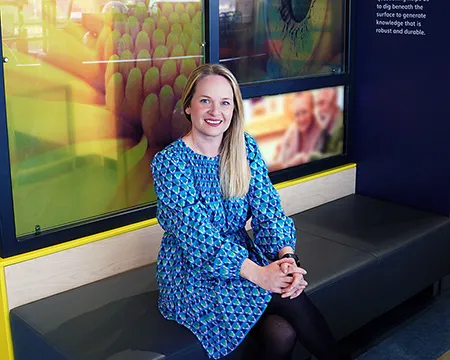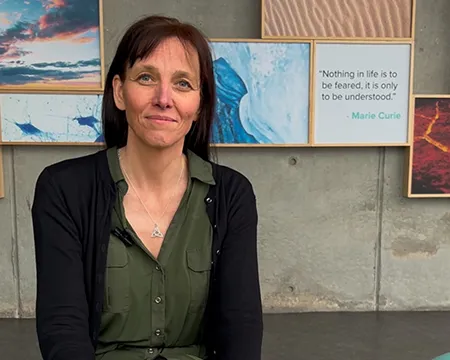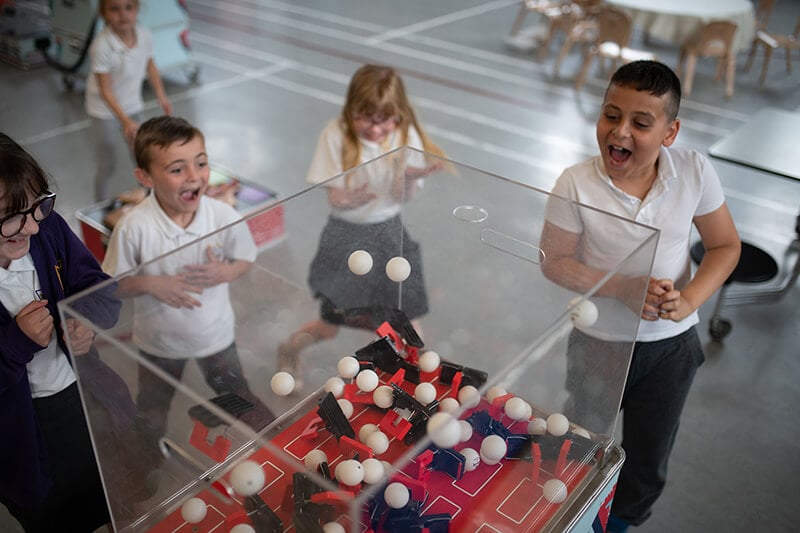Food waste, when you think about it, is a problem we don’t need to have.

There is a stalk of celery in the back of my fridge. I don't know where it came from, I don't know when I bought it and I am not sure if I am going to eat it. This happens every month or so. The weekly shop brings in fresh produce that I only need about a third of to make my meals for the next few days. Leaving over a handful of fresh coriander, half a pot of cream, a lone celery stick. It is not just my kitchen that this is happening in. In the UK we waste 6.5 million tonnes of food every year, 4.5 million of which is edible, and that’s not including waste from supermarkets and restaurants.
Although food waste in the UK has fallen by about 7% over the past three years, we are still throwing away huge quantities of the things we buy most. Milk, bread, potatoes and chicken.
A loaf of bread, altogether, when you consider the land, the water, the labour and fertiliser that went into producing it emits half a kilo of CO2 and needs about 1000 gallons of water. On top of that, when it begins decomposing in landfill, it starts to release a much more potent greenhouse gas: methane.
With 27 million households chucking out the odd stale slice, crusts and half-eaten toast the UK’s discarded bread has a yearly carbon footprint of a million passenger flights from London to New York.
A huge amount of this waste could be avoided with some simple changes to how we shop, cook and store food.
Research by Zero Waste Scotland shows that about 40% of domestic food waste is a result of improper storage. By storing food uncovered or not checking fridge temperatures we end up not only wasting our food, but the energy and resources that went into growing, transporting, and cooking it.
Scotland plans to cut our food waste back by 33% by 2025, which means 297,000 tonnes less of fresh, edible food being thrown away. We have a decent way to go before we reach that target, but we are already developing some good habits. Over the course of lockdown, many of us learned to plan meals, use what we have and bake an awful lot of banana bread.
Food is such a valuable part of our lives. We need it to survive, but it’s also a vital part of our culture, how we connect to each other and our connection to the natural world. Rethinking what our food is worth could have a huge impact on what we waste and what we eat. Scraps and leftovers can be transformed into bonus meals instead of contributing to the £700 of food the average UK household throws away each year.
It's time to treasure our table scraps and with Glasgow Science Centre, in partnership with Zero Waste Scotland, we can learn how to make the most of the ingredients we usually throw away. We have been working with some of Glasgow’s top chefs to produce a three-part video series called ‘Scraps’ full of tips, tricks and recipes designed to empty your fridge.
Follow Scotland’s national chef Gary McLean through an odds-and-ends dinner, perfect for clearing out the bottom of the vegetable drawer. Find new ways to save stale bread with Babu Bombay Street Kitchen’s Rachna Dheer. Get creative with fruit and veg peelings with owner of Julie’s Kopitiam, Julie Lin.
After all, the most sustainable meals you can make are ones made from the food you already have in your home.
‘Scraps’ will launch this December, one of the biggest months for food waste. So, raid your fridge, confront the back of your cupboards, grab the lonely stick of celery from the veg drawer. We can make a huge difference to our impact on this planet while we make dinner. It won’t just be good for our planet; the average UK family could be saving £60 a month by cutting back on food waste at home.
There is something special about taking the scraps in the back of the fridge and making a full meal as if conjuring it out of thin air. Maybe that stalk of celery will be the base for a soup, maybe the half pot of cream will become part of a pasta sauce, and maybe you left it too late for the coriander and it is irredeemably slimy and that is ok for now.
Food waste, when you think about it, is a problem we don’t need to have. So, join us for ‘Scraps’ this December on the Our World Our Impact Hub as we cook and eat our way to a more sustainable future.

Click here to visit the Our World Our Impact Hub to re-watch the Scraps videos and find the recipe cards.
-
This article was published in the Glasgow Times on 20.11.20






